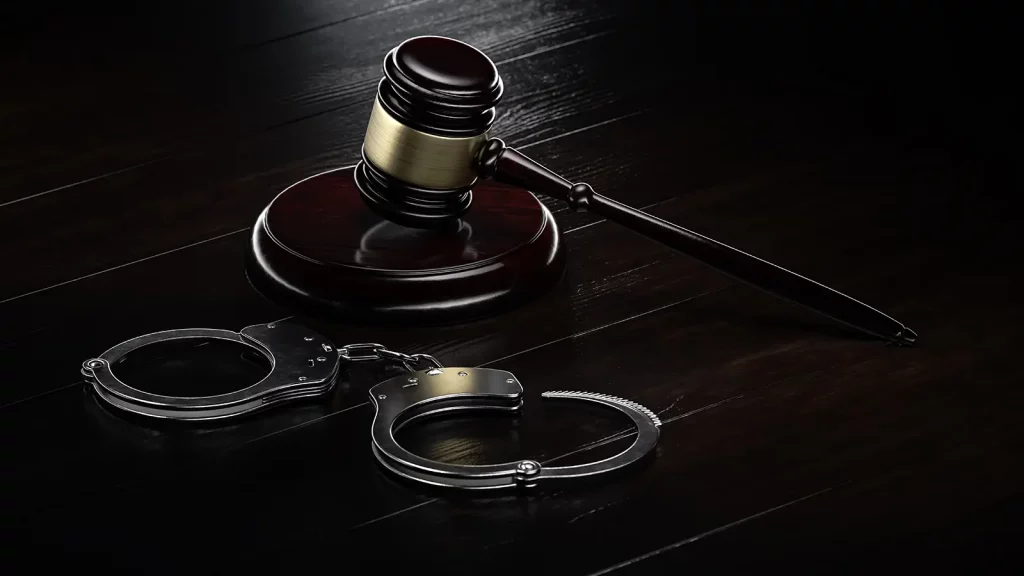How to Perform Notarizations for Inmates
Notarizations for inmates at a correctional facility are not any different than other types of mobile notary signing services. However, the process requires more time and preparation on your part. It involves many of the same general notary work responsibilities, but the most common notarization requests are property and vehicle releases.
A common request for an incarcerated person is to get their vehicle out of the tow yard or authorize another individual to receive their property. You will most likely be assisting the inmate via a third party who would be reaching out to you – commonly an attorney or significant other.
Challenges With Inmate Notarizations
Identification is the biggest hurdle with these types of signings. When incarcerated, inmates have to surrender their identification, which can pose a problem if you arrive at your appointment and the signer cannot provide evidence of their identity. Keep in mind that staff at correctional facilities may or may not agree to use a credible identifying witness to overcome a lack of identification.

If you are asked to notarize a document for an inmate, inquire as to what form of identification will be available for you to record in your notary journal. Or if you need to prepare a credible witness document to bring with you and ensure that the witness will be available. Some states permit notaries to accept an inmate identification card, and some states allow for sworn statements from law enforcement as proof of identification. It is imperative that you do your research beforehand so you are prepared.
Certain facilities may even require inmates to wear handcuffs during the notarization process or impede their ability to review documents before signing. It is essential that the Notary and any other required witnesses are aware of the specific rules and regulations at their facility in advance so they can be prepared to handle these situations.
It’s also important that any document being notarized by an inmate is carefully scrutinized for accuracy and completion before the notarization process begins. All parties involved should ensure that the document is correct and verified prior to notarization, as it may be difficult for the inmate to make corrections after signing.
With these potential risks in mind, it’s essential for Notaries public to take the necessary precautions when performing any type of inmate notarization. By taking the time to prepare in advance, they can ensure that they remain compliant and that their notarizations are secure. These challenges illustrate why notarizations for inmates should be approached with extreme caution and care. The Notary must understand the risks associated with this type of work, as well as how to effectively handle any potential issues that may arise.
Preparing Yourself for Inmate Notarizations
Make sure to schedule extra time when planning a trip to assist an inmate. You should expect to spend at least two hours at the correctional facility. While your overall interaction with the inmate will be limited, entering the facility and checking in will require time. Call ahead and be prepared with what you can and cannot bring into the facility, the dress code, and the special rules and restrictions you must follow during the notarizations for inmates.
Preparation will allow for a smoother and quicker signing. Typically you can only conduct notary services during visiting days and hours, so be aware of that before scheduling an appointment with an inmate. Additionally, it’s important to remember that you may be observed during the entire process, so being prepared and following all rules is necessary for successful notarizations for inmates.
Arranging a location to meet at the correctional facility is another critical step in preparing for your appointment. These facilities are large, and it can be confusing if you don’t map out your exact meeting space. Have a meeting point clearly defined, and make sure to get the contact information of the person you will be meeting to re-confirm your scheduled appointment on the day of your meeting. You should also call the correctional facility to confirm the inmate has not been relocated. Furthermore, be aware that all visitors may be subject to a search when entering and leaving the facility.

Payment for the notarization should also be predetermined before meeting with the inmate. Many states have set fees for notarizations for inmates, so knowing what is expected of you can help make sure that everything is taken care of when the appointment is made. Don’t forget to arrange payment upfront. Do this before entering to avoid any issues receiving payment. You should price accordingly for the extra preparation time and wait time involved with these types of signings. Once inside, the focus should be on clearance for entry into the facility and completing the signing.
While completing a notarization for an inmate might seem challenging, it makes the process that much easier if you take the time to prepare for the appointment. Remember to have identification established, a meeting point clearly defined, payment predetermined, and patience.
With these steps in mind, you can confidently approach the notarization appointment with an inmate. With all of the necessary information prepared beforehand, your appointment should go off without a hitch. Knowing what to expect and having everything ready will ensure that your notarization is done correctly and efficiently and that everything is taken care of before, during, and after the notarization appointment.
Read more on the importance of Forms of ID for a Notary.

